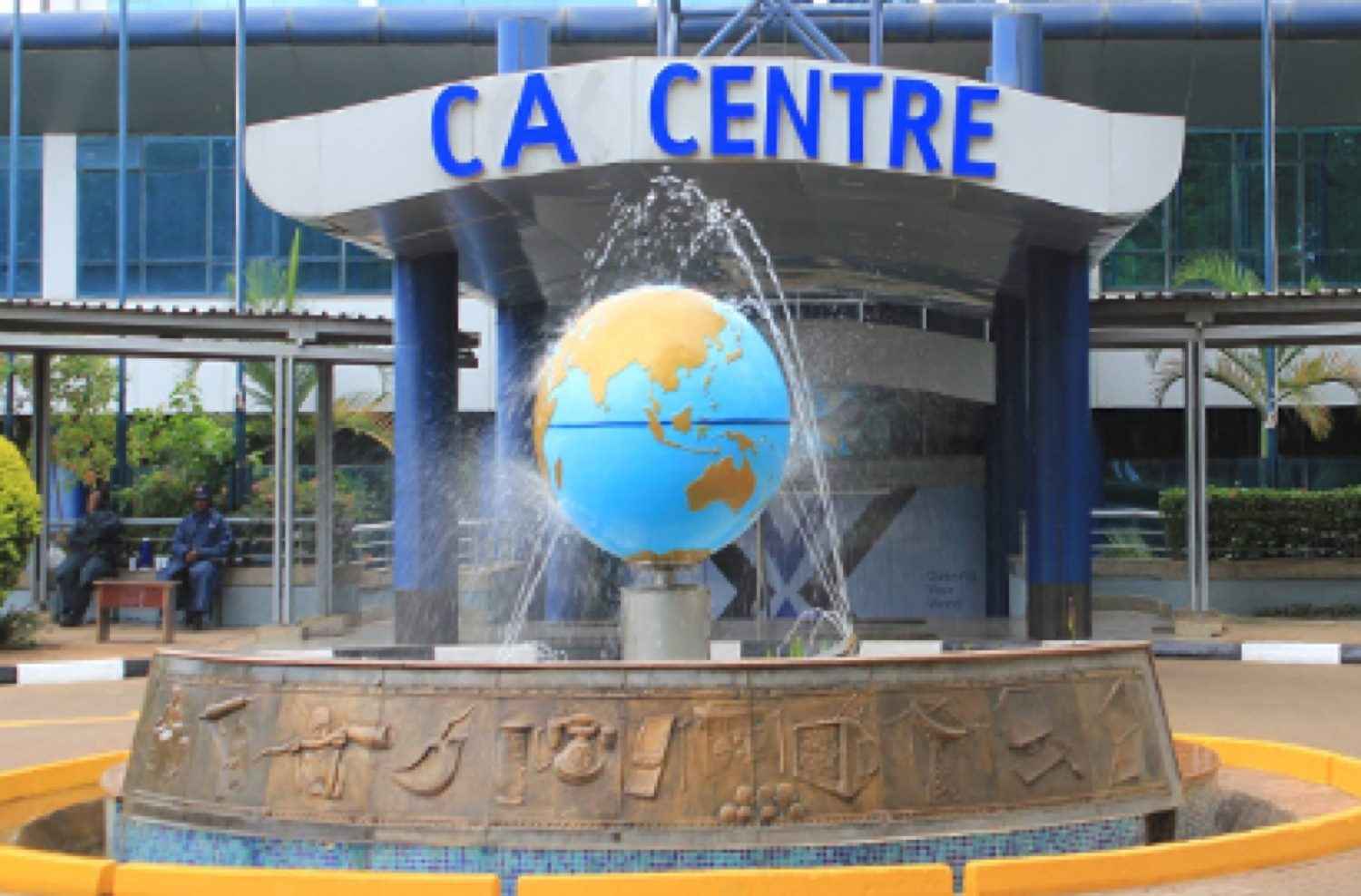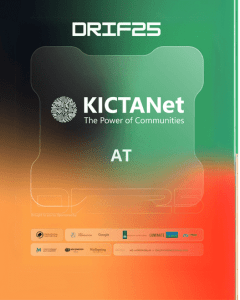By Jacinta Wothaya
Telegram is inaccessible to many internet users across Kenya, reigniting concerns over government-imposed restrictions that have repeatedly disrupted access to crucial digital services. This follows similar incidents in 2023 when Telegram was blocked during the national exams, allegedly to prevent exam cheating.
In 2023, the government cited Telegram as a platform where national exam papers were allegedly leaked, triggering a blockage that lasted for over a week. Civil society groups in the KeepItOn coalition, and over 35 organizations in Kenya wrote an open letter to the Ministry of ICT and ISPs demanding clarification, but the problem remained unresolved. Now, in 2024, Telegram is again under restriction as national exams are underway.
As national exams are underway in 2024, Telegram has once more been restricted. Ongoing disruptions have been confirmed by web connectivity tests from OONI and Netblocks, as well as independent tests by Tatua. Many users have expressed frustration on X (formerly Twitter), about the inability to access Telegram.
In an update to the situation, there is a letter circulating, allegedly from the Communications Authority of Kenya (CA) directing Internet Service Providers (ISPs) to limit access to Telegram during the national exam hours until November 22, 2024.
We call on the Kenyan government to reconsider the blanket restrictions on Telegram and to #KeepItOn. The blocking of platforms like Telegram does little to prevent cheating but instead punishes millions of citizens and denies them the right to freely access information and communicate without restrictions. We recommend that the government adopt alternative, transparent, rights-based solutions to address exam cheating concerns.
The Impact of Telegram Shutdowns
While the Kenyan government justifies these shutdowns as necessary to prevent exam cheating, the reality is that they disproportionately affect the wider population. Telegram has become an essential tool for businesses, civil society organizations, and everyday people who rely on it for secure and efficient communication.
- At the moment, several Kenyan businesses using Telegram for customers have lost access to a crucial communication channel and are behind on service delivery and productivity.
- For many civil society organizations, Telegram offers a secure, encrypted environment where sensitive conversations and coordination can happen without fear of surveillance. Limiting the platform limits their ability to engage in their missions and advocate for the rights of vulnerable communities.
- Access to information is a fundamental human right, and in an increasingly digital world, messaging platforms like Telegram play a crucial role in providing access to news. Blocking these services has a chilling effect on free speech and the free flow of information, which impacts not only Kenyans seeking information but also the global community watching the unfolding situation.
Bypassing the Block: How Tatua Can Help
At Tatua, we believe in the right to access information and communicate freely. We understand the significant challenges these restrictions create and are offering support to social justice organizations, activists, journalists, and other civil society affected by the block.
Civil society actors can reach out to us via email and the Tatua helpdesk to obtain secure VPN connections that will allow them to bypass the block, maintain access to Telegram, and continue their communication and collaboration without compromising security. Our website also contains a detailed guide that you can follow to install VPNs and other tools to bypass the restrictions.
Ms Jacinta Wothaya is the KICTANet Digital Resilience Fellow.
![]()




